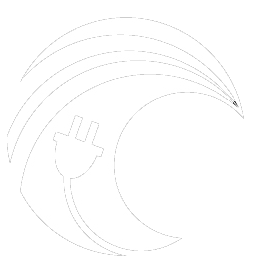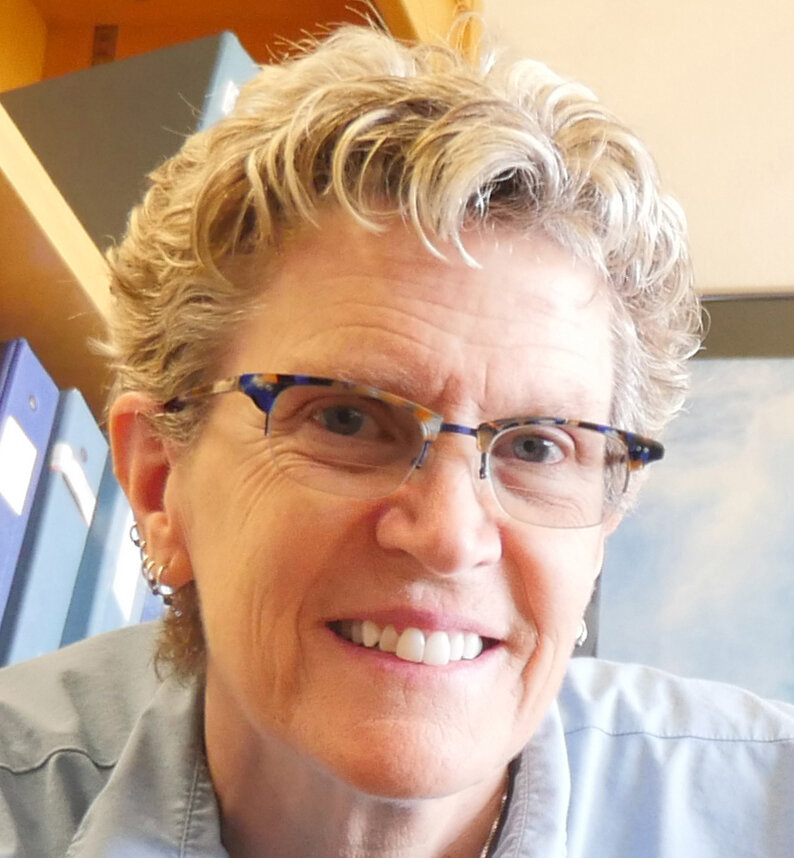Project Motivation:
Energy is an important component of society that impacts nearly every sector. Because of the importance of this topic and its great influence on society and culture, professors from Oregon State University developed PPOL 441/541 Energy and Society to address increasing student interest from a wide variety of majors such as engineering, business, forestry, environmental science, and natural resources. The course explores the complex interrelationships between humans and energy, emphasizing the role of energy in critical social issues, including but not limited to: domestic and international conflict, poverty, social change, inter-generational equity, energy transitions and environmental justice.
On campus, courses often include guest experts into the classroom and may even include field trips to the expert’s lab. In both cases the experience of the guest expert interview is live and located where the interview occurs. The synchronous live interview, a staple of on-campus courses, is a challenge for online instruction.
Summary:
Dr. Hilary Boudet moved beyond those limitations to leverage the instructional benefits of interviews for an online version of PPOL 441/541 Energy and Society offered through the School of Public Policy at Oregon State University. Through careful planning and with assistance from the ecampus video team, she re-imagined a traditional live field site visit to the O.H. Hinsdale Wave Research Lab.
This interview with Flaxen Conway focused on the human dimensions of wave energy, is one in a series of video experiences the team created for this course.
Team:
More information:
Boudet, H. S. (2019). Public perceptions of and community responses to new energy technologies. Nature Energy 4: 446-455.
Giordono, L. S., H. S. Boudet, A. Karmazina, C. L. Taylor and B. Steel (2018). Opposition “overblown”? Community response to wind energy siting in the Western United States. Energy Research & Social Science 43: 119-131.
Pierce, J. J., H. S. Boudet, C. Zanocco and M. Hillyard (2018). Analyzing the factors that influence U.S. public support for exporting natural gas. Energy Policy 120: 666-674.
John Colton, Flaxen Conway, Bouke Wiersma, Jordan Carlson, and Patrick Devine-Wright. 2017. Consultation in Ocean Energy Development. IN Ocean Energy: Governance Challenges for Wave and Tidal Stream Technologies. Wright, Kerr, and Johnson, eds. Earthscan/Routledge.
Jiska de Groot, Kieran Reilly, John Colton, and Flaxen Conway. 2017. A Sea of Troubles? Evaluating user conflicts in the development of ocean energy. IN Ocean Energy: Governance Challenges for Wave and Tidal Stream Technologies. Wright, Kerr, and Johnson, eds. Routledge.
Colleen M. Sullivan, Flaxen Conway, Caroline Pomeroy, Madeleine Hall-Arber, and Dawn J. Wright. 2015. Combining geographic information systems and ethnography to better understand and plan ocean space use. Applied Geography 59:70-77.
Caroline Pomeroy, Hall-Arber, M., Conway, F. 2015. Power and Perspective: Fisheries and the ocean commons beset by demands of development. Marine Policy, 61: 339-346.
Kerr, S., Watts, L., Colton, J., Conway, F., Hull, A., Johnson, K., Jude, S., Kannen, A., MacDougall, S., McLachlan, C., Potts, T., and J. Vergunst. 2014. “Establishing an agenda for social studies research in marine renewable energy.” Energy Policy 67: 694-207.
Henkel, S., F. Conway, and G. Boehlert. 2013. “Environmental and Human Dimensions of Ocean Renewable Energy Development.” Proceedings of Institute of Electrical & Electronics Engineers, 101(4): 991-998.
Conway, F., J. Stevenson, D. Hunter, M. Stefanovich, H. Campbell, Z. Covell, and Y. Yin. 2010. “Ocean Space, Ocean Place: The Human Dimensions of Wave Energy in Oregon.” Oceanography 23(2): 82-91.
Last updated: April 13, 2020



